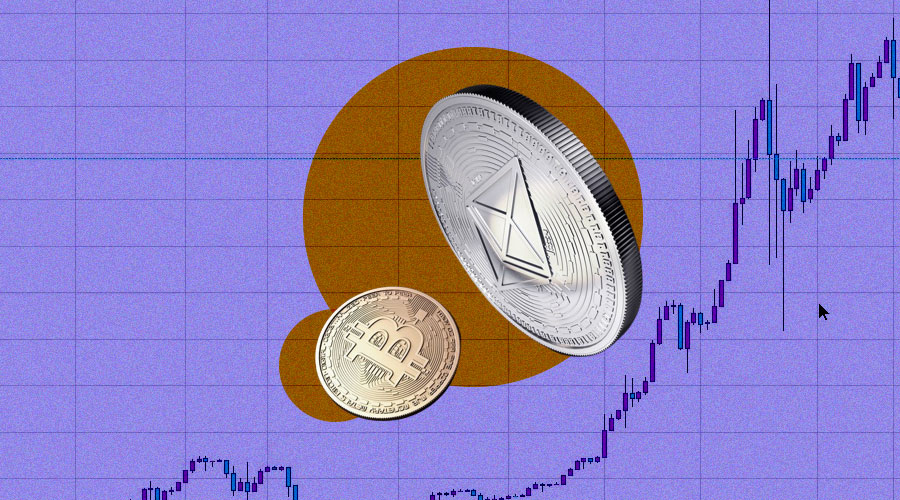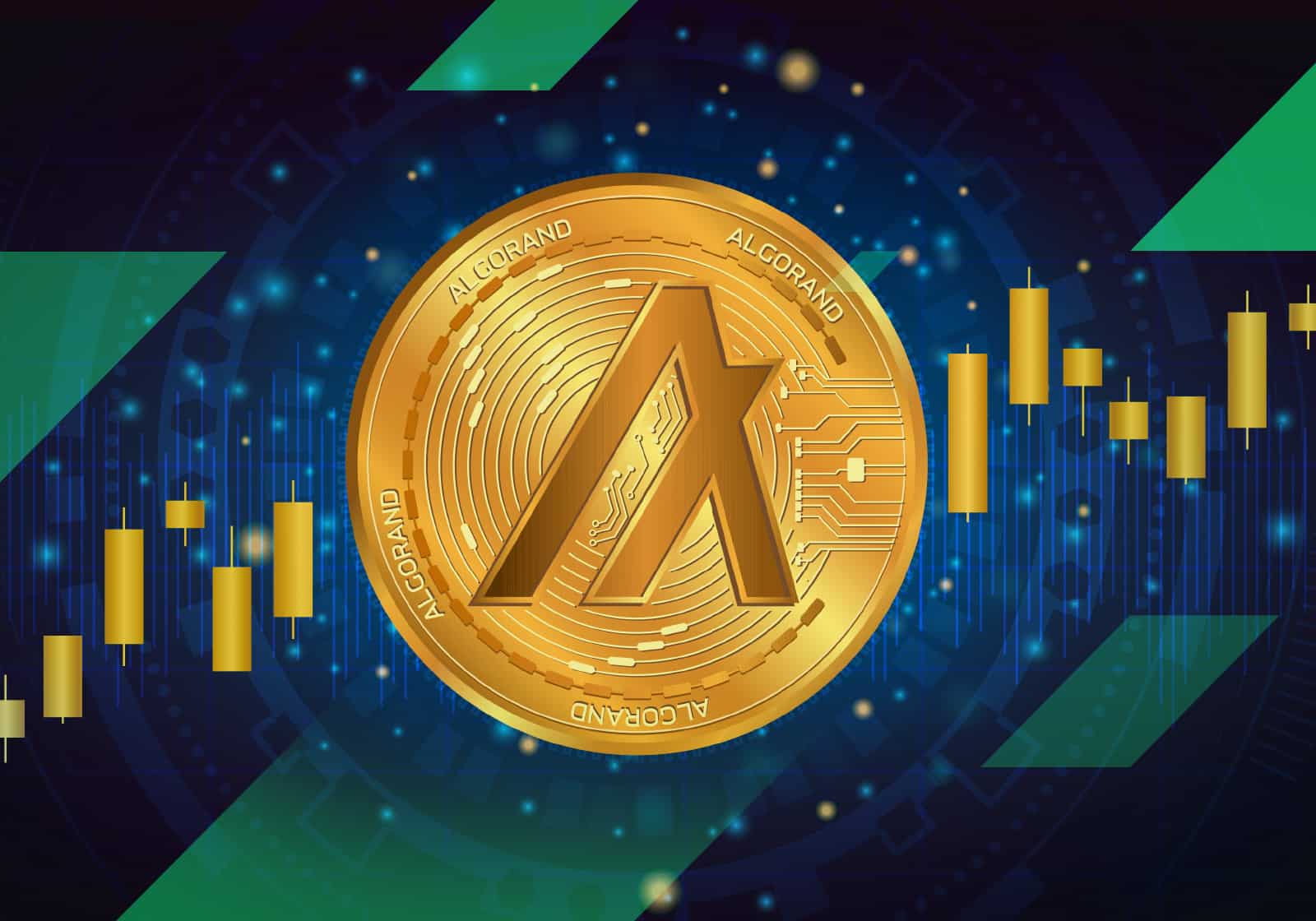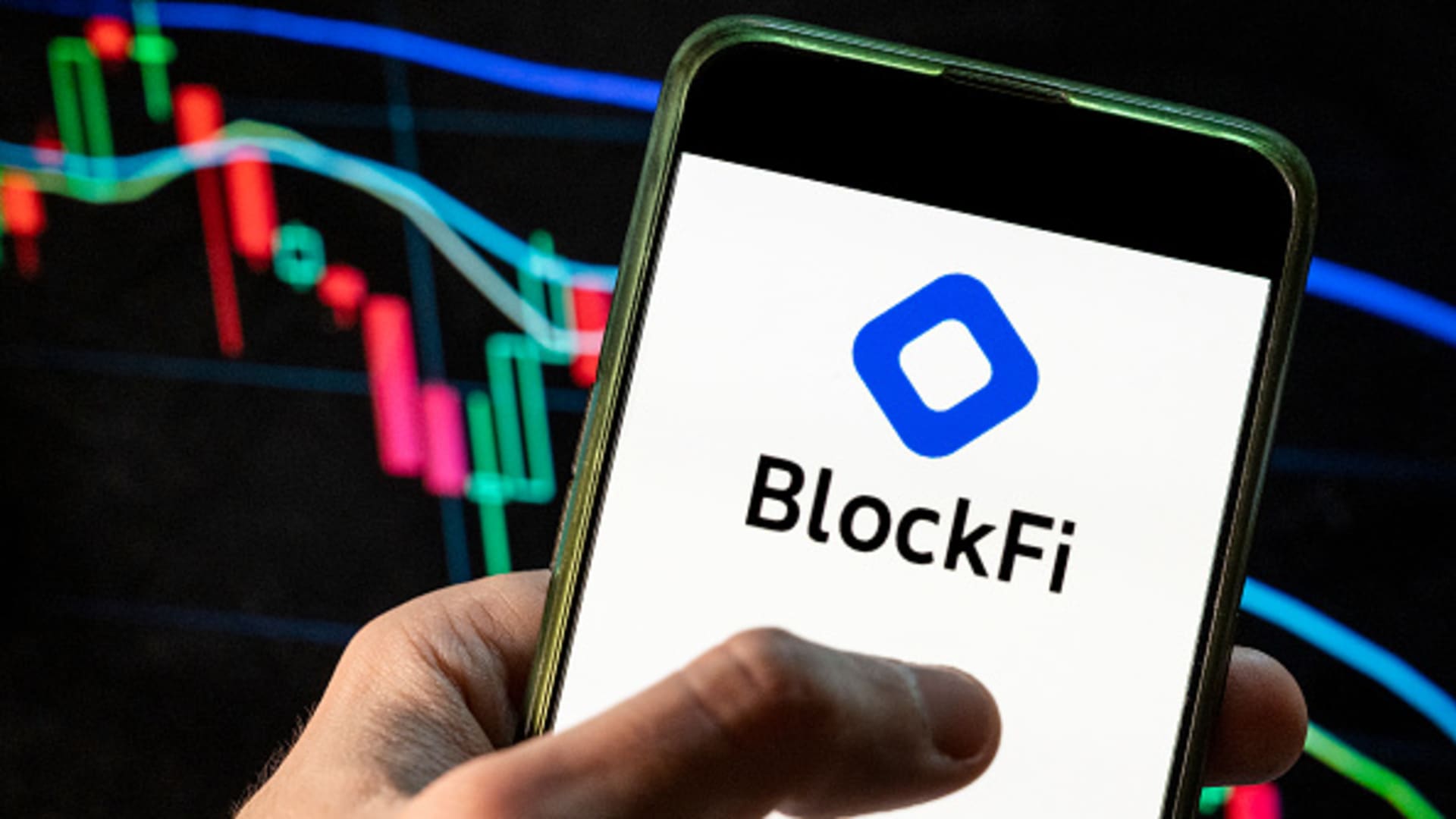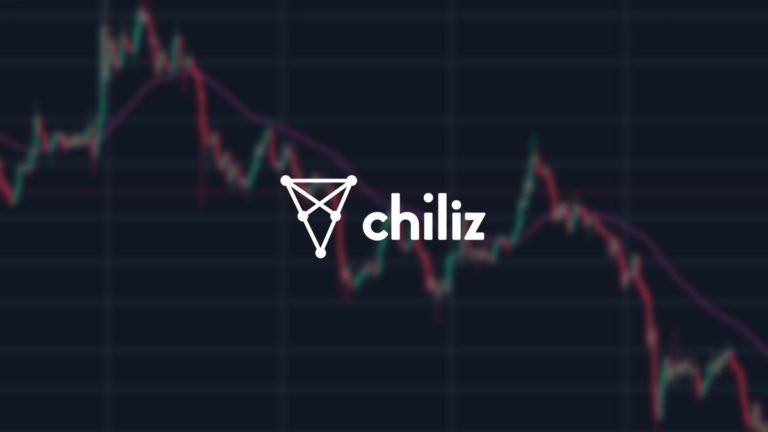How do DeFi projects generate profit
In addition to the methods listed above, some DeFi projects generate revenue through other methods, such as

Decentralized finance (DeFi) is a financial system that is built on blockchain technology. It allows users to access financial services without the need for intermediaries such as banks or brokers. DeFi projects generate profit through a variety of methods, including transaction fees, interest from loans, and trading fees.
Transaction fees
Many DeFi protocols charge transaction fees for using their services. These fees are typically paid in the protocol's native token. For example, Uniswap, a decentralized exchange, charges a 0.3% fee on all trades. This fee is used to generate revenue for the Uniswap protocol.
Interest from loans
DeFi lending protocols allow users to lend and borrow assets. When a user lends an asset, they earn interest on their loan. The interest rate is determined by the supply and demand for the asset. DeFi lending protocols generate revenue by taking a cut of the interest that is paid to lenders. For example, Aave, a DeFi lending protocol, charges a 0.05% fee on all loans. This fee is used to generate revenue for the Aave protocol.
Trading fees
Decentralized exchanges allow users to trade assets without the need for a central exchange. When a user trades an asset on a decentralized exchange, they pay a trading fee. The trading fee is typically paid in the protocol's native token. For example, SushiSwap, a decentralized exchange, charges a 0.3% trading fee. This fee is used to generate revenue for the SushiSwap protocol.
Other methods
In addition to the methods listed above, some DeFi projects generate revenue through other methods, such as:
- Issuing their own tokens: Some DeFi projects issue their own tokens, which can be used to access the project's services or to participate in governance. These tokens can also be traded on exchanges, which can generate revenue for the project.
- Providing liquidity to other protocols: Some DeFi protocols provide liquidity to other protocols. This means that they lock up their assets in smart contracts so that they can be used by other users. For this service, the protocols earn a fee.
- Charging insurance premiums: Some DeFi projects offer insurance against various risks, such as smart contract hacks or market volatility. Users pay premiums to purchase this insurance. The projects generate revenue from these premiums.
How to make money in the DeFi market
There are a number of ways to make money in the DeFi market. One way is to provide liquidity to DeFi protocols. When you provide liquidity, you are essentially lending your assets to the protocol so that other users can borrow them. In return, you earn interest on your loan. The interest rate is determined by the supply and demand for the asset.
Another way to make money in the DeFi market is to trade assets on decentralized exchanges. Decentralized exchanges allow you to trade assets without the need for a central exchange. This can be advantageous because decentralized exchanges are typically more transparent and less regulated than central exchanges.
Finally, you can also make money in the DeFi market by yield farming. Yield farming is the process of moving assets between different DeFi protocols in order to generate the highest possible yield. Yield farming can be complex and risky, but it can also be very profitable.
DeFi projects generate profit through a variety of methods, including transaction fees, interest from loans, trading fees, issuing their own tokens, providing liquidity to other protocols, and charging insurance premiums. There are a number of ways to make money in the DeFi market, such as providing liquidity, trading assets on decentralized exchanges, and yield farming. However, it is important to note that the DeFi market is complex and risky, so it is important to do your own research before investing.
Here are some additional tips for making money in the DeFi market:
- Start small. The DeFi market is volatile and risky, so it is important to start small when investing. This way, you can limit your losses if things go wrong.
- Do your own research. It is important to understand the risks involved before investing in any DeFi project. Read the project's white paper and do your own research on the team behind it.
- Invest in a diversified portfolio. Don't put all your eggs in one basket. Instead, invest in a variety of different DeFi projects to reduce your risk.
- Be patient. The DeFi market is still in its early stages of development. It may take some time for your investments to pay off.
What's Your Reaction?
















